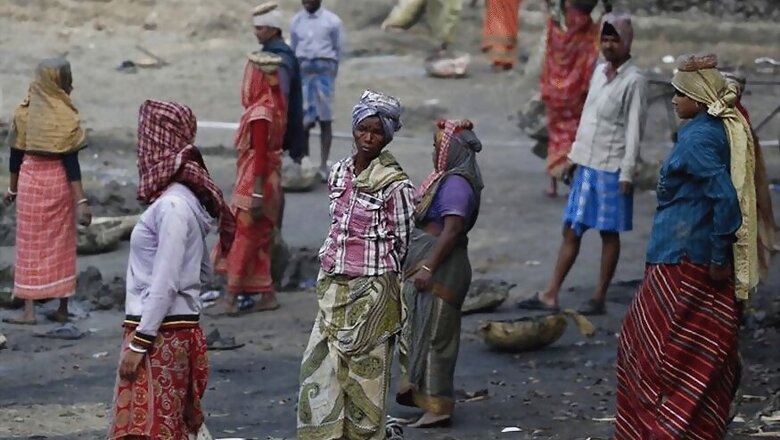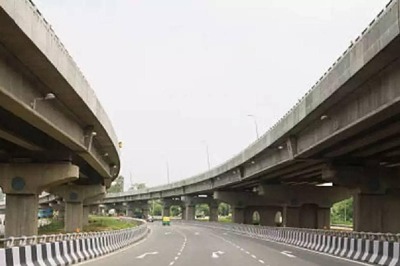
views
New Delhi: Vulnerable sections of the society - women, persons with disability, SCs and STs - have been the biggest beneficiaries of Aadhaar Linked Payments (ALP) in the MGNREGS scheme, the Economic Survey for 2018-19 has found.
The survey states that Aadhaar has “streamlined the fund flow process and helped in better targeting, reduction in delay in payments to beneficiaries, minimized leakages and above all led to substantial saving of funds”. This streamlining is likely to bring about an increase in demand for work, the survey report adds.
Highlighting the benefits of digitising payments, the survey states, “Both demand and supply of work under the scheme increased, especially in blocks suffering from distress and from the vulnerable sections of society, including women, persons with disability, SCs and STs.”
The survey also underscores the need to develop a real time indicator of rural distress by using data related to work demand by MGNREGA workers.
“Given that there has been an increase in amount disbursed to bank accounts post implementation of ALP and a decline in delayed payments, it is expected that there will be an increase in demand for work under the programme in distressed areas,” the survey states.
This real time monitoring of data of increase or decrease in demand for work could directly indicate level of distress on a very localised level on a real-time basis.
“Demand for work under MGNREGS may be used to develop a real-time indicator of distress at the granular district/panchayat level,” the survey adds. It further states that mining this data into a useful 'dashboard' that could enable policymakers to act in time.
'By utilizing information on demand for work under MGNREGS and correlating it with other real-time measures of weather etc, that lead to rural distress, a dashboard can be created which flashes ‘alerts’ from areas under local distress to enable policymakers to act in a timely manner to alleviate such distress,' the survey said.



















Comments
0 comment